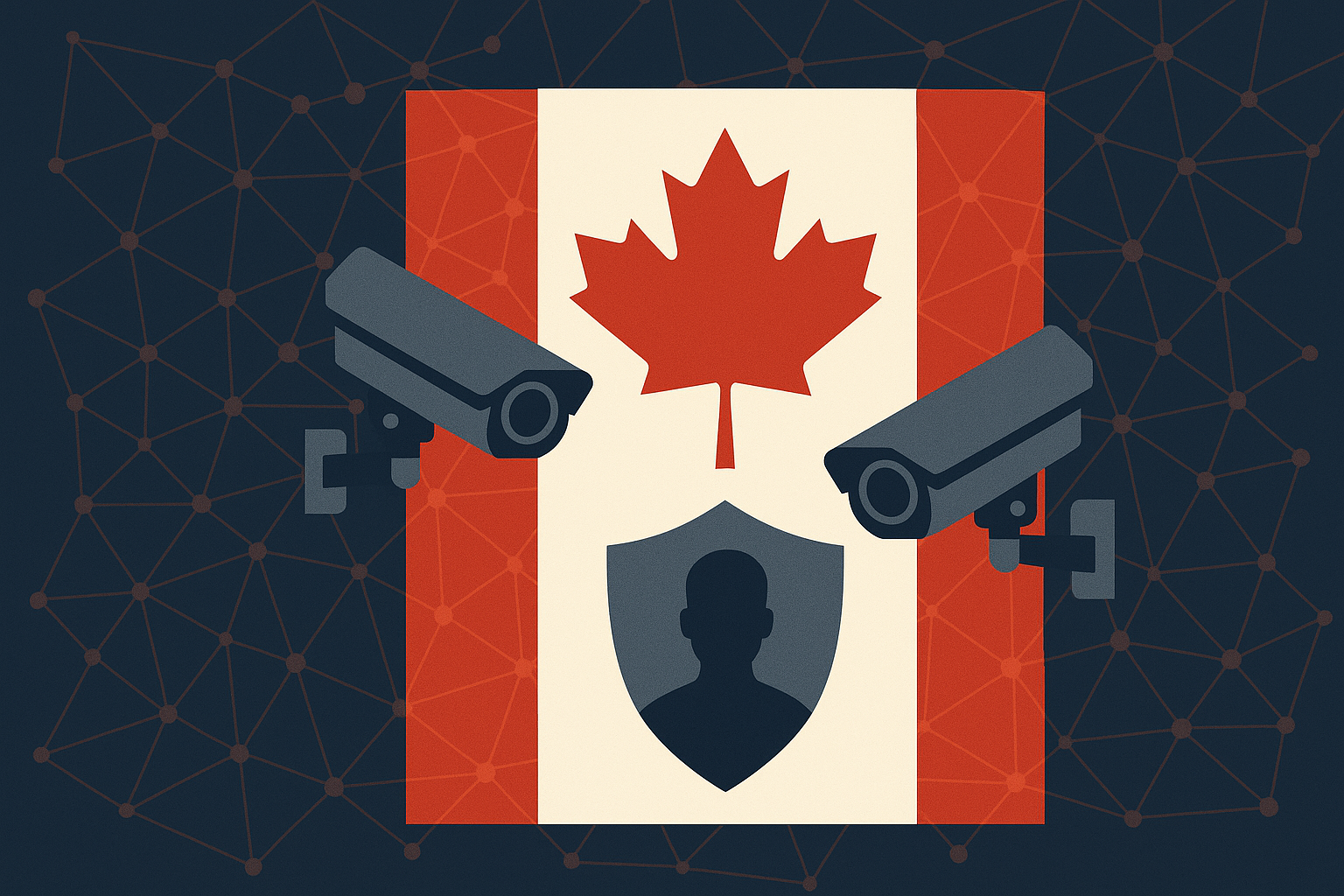The Hidden Truth About Crisis Pregnancy Centers’ Privacy Claims
- The Dichotomy of Privacy: How crisis pregnancy centers claim to protect sensitive information while potentially exploiting it.
- A Comparative Insight: Contrasting these practices with Incognito Browser’s unwavering commitment to user confidentiality.
- Legal Implications: Exploring the ramifications of misleading privacy practices in healthcare and digital spaces.
The Concerning Privacy Practices of Crisis Pregnancy Centers
In a recent probe, a progressive watchdog group has raised significant concerns about the privacy practices of crisis pregnancy centers (CPCs) across the United States. These centers, known for their stance against abortion, have been accused of misleading patients about the confidentiality of sensitive medical data, including health information related to pregnancy.
Despite assurances on their websites that they comply with the Health Insurance Portability and Accountability Act (HIPAA), these centers are not legally bound by these federal health data privacy laws due to their non-commercial nature. This revelation has prompted calls for an investigation by attorneys general in five states to determine the true extent of data usage and retention by these centers, which could potentially be used to further anti-abortion goals.
The Misuse of Sensitive Data
The concern is that these centers collect in-depth personal and medical information under the guise of providing counseling and support services. Yet, without the constraints of HIPAA, the collected data could be used in ways that the individuals did not consent to, particularly given the polarizing nature of abortion rights in various states. The potential for such data to be used to track, profile, or even prosecute individuals based on their reproductive choices presents a stark privacy risk.
Incognito Browser: A Beacon of True Privacy
In contrast to the questionable practices of crisis pregnancy centers, Incognito Browser stands as a paragon of true privacy preservation. This private browser ensures that user data remains completely private and untracked. Unlike CPCs that claim HIPAA compliance without legal obligation, Incognito Browser transparently states its privacy measures, offering users full control over their data without any misleading claims.
Incognito Browser’s Privacy Policy:
- No Data Collection: Incognito Browser does not collect personal or non-personal information from users, ensuring complete anonymity.
- User-Controlled Experience: Users have the ultimate say in their browsing experience, free from covert tracking or data profiling.
Legal and Ethical Implications
The actions of CPCs have legal and ethical ramifications. By claiming to protect user data while potentially allowing its misuse, these centers could be violating consumer protection laws. This situation underscores the importance of transparency and accountability in data handling practices—a principle that Incognito Browser upholds rigorously.
Furthermore, the ongoing legal debates around data privacy in healthcare highlight the need for clear regulations and genuine protective measures, ensuring that individuals’ sensitive information is safeguarded against exploitation.
The Role of Incognito Browser in Upholding Privacy Standards
Incognito Browser not only protects users from invasive tracking but also informs them on the importance of digital privacy. By offering a secure and transparent browsing environment, Incognito Browser empowers its users to navigate the internet without fear of their data being compromised.
These days, data is as valuable as currency, the contrast between the misleading practices of crisis pregnancy centers and the forthright policies of Incognito Browser could not be starker. As we move forward, it is crucial that users choose platforms that respect and protect their digital rights—ensuring that their online presence remains secure and genuinely private.



